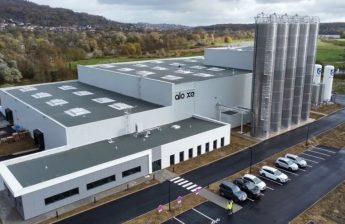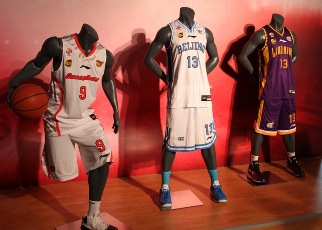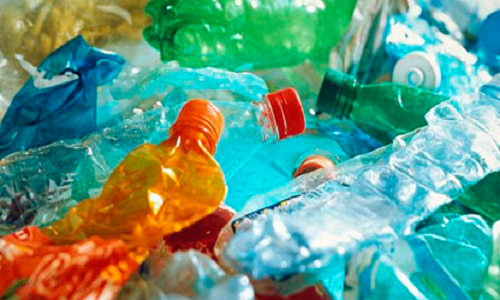A post-consumer food-grade PET recycling system that enables capacity to be expanded by adding modules, and can be stripped down and shipped to another location, has been put on worldwide sale by an American company. The equipment occupies less than 2,500 ft² and can process 4,500 tonnes a year. An add-on module can double this capacity.
The LNOc technology has been in use for the past two years by Phoenix Technologies, and now sister company Plastic Technologies has set up a subsidiary company, PTI Recycling Systems, to sell it worldwide.
PTI says the total cost of ownership of a LNOc unit is around 40 per cent of that of other rPET technologies, “which can require capital investments as high as $8 – 10 million”. Its target is companies who want to incorporate rPET production into their own facilities – particularly those who were previously blocked by capital investment, space and labour constraints – and who fit the concept of multiple smaller rPET supply units instead of fewer large capacity plants. Steve Hawksworth, director of PTI Recycling Systems, said: “We believe in a local ‘consume, collect, convert’ approach. By locating rPET production in closer proximity to resin users, you improve supply times and reduce the carbon footprint.”
The LNOc process relies on Phoenix’s “extremely small particle size” technology which is said to enable more efficient decontamination than with other processes, resulting in faster output and significant energy savings. (The “c” in the brand name refers to the “compacted” polymer that is produced.)
As well as the production concept, PTI says that the PET produced by the plant is better than from other systems, with superior colour and yield. It has lower acetaldehyde levels and a higher intrinsic viscosity, said to more closely match the IV of virgin polymers. Use of the rPET has wide potential, says PTI, being suitable for a variety of food and beverage applications including water, carbonated soft drinks, juices, fruit, baked goods, meats and cheeses. Package types include bottles, thermoformed containers and films, as well as drinking cups, vegetable oil and deli containers.
The equipment is being built for PTI by Conair. This includes a grinder that converts rPET flake into extra small particle-size powder, a compactor to compress the powder in pellets and a standard material dryer.
Source: britishplastics.co.uk








